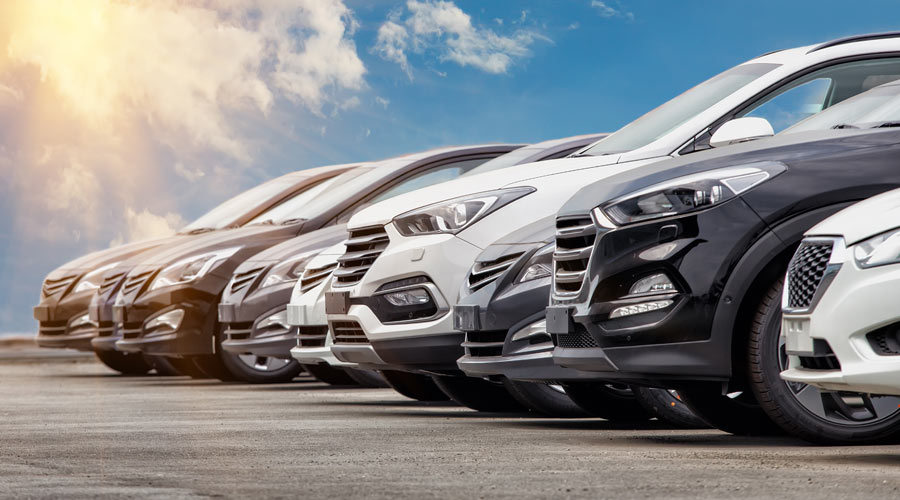The twin safety moves by the Centre for cars and two-wheelers — the mandatory six airbags and hike in third-party premium — are likely to hit sales, just when the industry is expecting a recovery from a good monsoon and a host of duty cuts such as those on petrol and diesel as well as raw materials used in steel a key input.
While auto production has been hit by semiconductor shortages and hikes in input costs, demand took a beating from a spike in petrol and diesel prices with spiralling inflation and the RBI rate hike acting as a dampener.
The hike in third-party (TP) insurance from June 1 would add to the vehicle’s ownership cost, which forces the potential customer to think twice before buying when the petrol and diesel prices even after the cut in additional excise duty is quite high.
Ashwini Dubey, head of motor renewals, Policybazaar.com said “the changes will result in premiums for cars going up by up to 23 per cent and up to 35 per cent for two-wheelers above 75cc. Since TP insurance is mandatory by law this will impact all the customers”.
Rajesh Menon, director-general SIAM (Society of Indian Automobile Manufacturers), said “the steep hike in third party insurance rates may especially impact demand of mass segments like two-wheelers and smaller cars, which are already struggling to recover owing to huge cost increases in the recent past because of rapid regulatory changes”.
In airbags, sources said car manufacturers have approached the government to revisit the implementation time period as it would significantly increase the vehicle cost.
“The six airbags mandatory in passenger vehicles will make cars more expensive and drive out a chunk of potential buyers. Such a move will hurt sales of small, low-cost cars and put more pressure on companies already facing high costs. This will hurt the growth of the small car market,” the chairman of Maruti Suzuki, R.C. Bhargava, said.
A frontal airbag in an entry-level car typically costs between Rs 5,000 and Rs 10,000, and side and curtain airbags could cost double that. Carmakers in India that do offer six airbags only do so in top-end models, and in variants that cost upward of Rs 10 lakh.
Analysts said safety features such as twin airbags, ABS and rear wipers would add Rs 25,000 to the cost of the car. It is only because they are not mandatory, that the carmakers provide these features in the top-end versions of cars — bundling them with other features and making the vehicle costlier by over Rs 1.20 lakh or thereabouts.
The president of the Federation of Automobile Dealers Association of India, Vinkesh Gulati, said the sector is still not out of the woods as overall retail sales were down 6 per cent. The RBI's out of turn announcement to increase repo-rate by 45 bps has caught the industry off-guard. "The move will curb excess liquidity in the system and will make auto loans expensive," he added.
“Manufacturers are working hard to manage the supplier ecosystem with agility and flexibility, as supply side challenges continue for the industry. They are also monitoring the likely impact on demand, due to the recent hike in repo rate, as it would increase the lending rates to the customers," Menon said.










